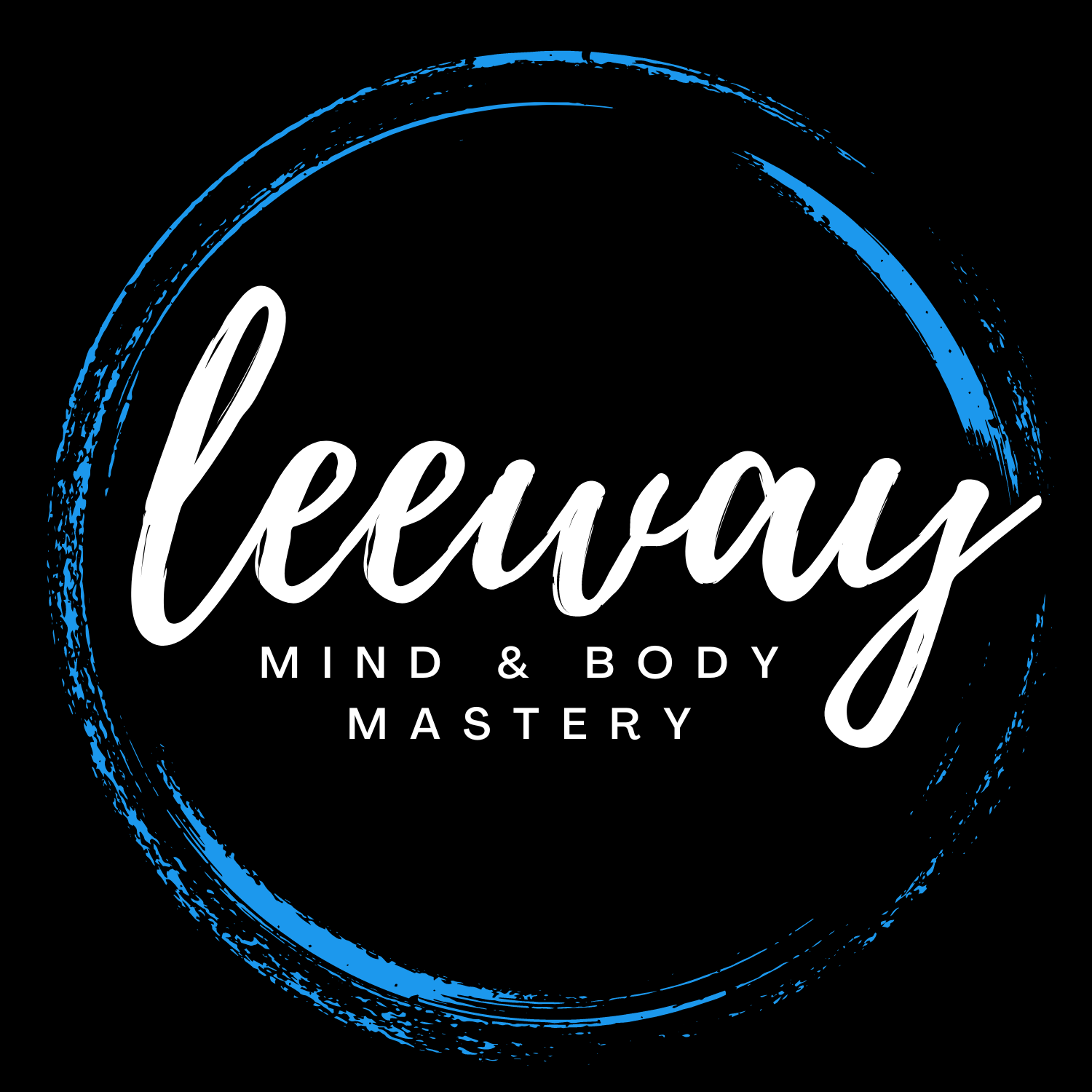Are you walking your talk?
January 5, 2021
All hard work brings a profit, but mere talk leads only to poverty. Proverbs 14:23.
Are you walking your talk? Our thoughts become our words and our words should become our actions. Our actions then shape our character, and our character determines our future.
I meet many people who want to change their circumstances, or so they say. The struggle for most people is that it is easier to talk about what they want to accomplish in life, rather than go out and do it. Let us look at an interesting next step to achieving what we really want in life.
If we look at thoughts becoming words, the written word, has a better memory and clearer meaning of those thoughts. Some people keep journals, some people prefer diaries, to do lists, must do lists, vision statements, mission statements, call them what you will, but call them something and get to work on them.
I have kept diaries for over ten years, but would record things such as morning exercise, special occasions and holidays. They evolved into recording what I ate and how I slept amongst other things. From time to time, I would look through that day in each of the diaries from a few years collectively. May 10th of each year over 7 or so years for example. I soon discovered that when my mood was great and my life positively firing; my diet, exercise, relationships, sleep and peace of mind were all in balance and good shape, regardless of the world around me obviously being different for each year..
Whilst a journal is a healthy way of recording your thoughts and feelings and a diary a good way of recording your activities, it dawned on me (initially out of trying to save time) that it is possible to write your own script in a forward thinking sense.
Prior to going to bed each night, I would write the exercises that I would do the next morning in my diary and what I would eat the following day, as I would for an up and coming engagement, to save filling in my diary retrospectively.
What I was unwittingly doing was writing goals for myself. It did not occur to me that I wouldn’t do the cardio or weights session, or that I would choose to eat poorly, as my choices had been made. So, for a few years now my diaries have been consistent, without periods of inactivity and unrest.
How I managed to trick myself into writing my daily goals, is irrelevant. Goal setting, on paper, is tantamount to achieving what you want out of life.
I come across a lot of people that for whatever reason will resist every attempt to grow or change into the person they were born to be. They say they are unhappy, yet one of the most common avoidance techniques is to state that a particular name of a course of action is undesirable. "I hate the word goals" "I think all this journey, growth, self-help talk is rubbish" "it's all clichés" etc.
Just as you can legally change an embarrassing name bestowed upon you by overzealous parents at your birth, how about changing the names of limiting words? Use a word you prefer.
A client I worked with refused to set goals because the word goals had bad connotations for her. We worked out she loves a challenge, and she has now set and achieved 30-day challenges, extending them to 60-day, 90 day and yearly challenges.
In writing what you want, be careful not to write what you do not want. Nowhere in my diary would it say, do not procrastinate between 11am and 12pm. By writing, call prospective clients between 11am and 12pm, procrastination is eliminated completely.
Your goals should also align with your values. There is no point in writing, I will earn a million dollars in the next 5 years, if in the pursuit, you lose your family, or miss out on the important things in your life.
I believe life is about creating meaning and memories. It is amazing how much more likely you are to obtain the memories and meaning you would want to create for yourself, if you write them down, refer to them regularly and act on them now. Nike did not invest billions on their slogan on a whim.
Be well.
DL
"Life's rewards go to those who let their actions rise above their excuses" Lee J Colan

By David Lee
•
September 25, 2024
"How you wake up each day and your morning routine (or lack thereof) dramatically affects your levels of success in every single area of your life. Focused, productive, successful mornings generate focused, productive, successful days— which inevitably create a successful life." Hal Elrod (Author of The Miracle Morning )

By David Lee
•
June 30, 2024
"By three methods we may learn wisdom: First, by reflection, which is noblest; Second, by imitation, which is easiest; and third by experience, which is the bitterest." CONFUCIOUS In their book Ikigai: The Japanese Secret to a Long and Happy Life, Hector García and Francesc Miralles write that there is no word in Japanese that means to retire in the sense of leaving the workforce for good. The Oxford Dictionary defines ikigai as “a motivating force; something or someone that gives a person a sense of purpose or a reason for living”. In researching their book, García and Miralles spent time in the village of Ogimi on the Japanese island of Okinawa. Ogimi is known as the village of longevity. Its 3000 inhabitants enjoy the highest life expectancy in the world. In Japanese culture, retiring and not keeping mind and body busy is considered bad for your health since it disconnects your soul from your ikigai. Being of service to the village by continuing to be involved in community life or continuing to work is felt to be a key ingredient to longevity. In the book, 92-year-old resident Akira says: “Every day I wake up and go to the fields to grow tomatoes. Later I walk to the grocery store next to the beach and sell them. In the afternoon I go to the community center and prepare green tea for all my family and friends.” These Japanese people keep doing what they love and what they are good at even after they have left the office for the last time. The French, of course, have a similar expression—“raison d’être”—which the Oxford Dictionary defines as “the most important reason for somebody’s/something’s existence”. The more time I spend with spritely elderly people, the more I find they are still involved in their community as volunteers or working the job they loved before they “retired”. Like many of the lessons older people have taught me, we shouldn’t wait until we’re retired to adopt their happiness-inducing and youth-preserving behaviours. The definition of what makes people happy varies greatly, however in his book From Strength to Strength: Finding Success, Happiness, and Deep Purpose in the Second Half of Life, Arthur C. Brooks believes that the three major ingredients of happiness are enjoyment, satisfaction, and purpose. The satisfaction and enjoyment I receive from encouraging people to be better than they believe they are, and to press on in times of hardship, provides a real sense of meaning and purpose in my life. The Dalai Lama, when asked what surprised him most about humanity, replied: “Man. Because he sacrifices his health in order to make money. Then he sacrifices money to recuperate his health. And then he is so anxious about the future that he does not enjoy the present; the result being that he does not live in the present or the future; he lives as if he is never going to die, and then dies having never really lived.” I’ve coached many people who spent the first half of their lives chasing wealth and are now spending the second half of their lives chasing back their health. I’ve been coaching many more people lately who aren’t concerned about the health they have lost. They fear being cast aside and replaced by much younger yet inexperienced people, threatening the wealth they created while they adopted a “health is your wealth” mentality. Those deciding my client’s fates are themselves, in most cases, much younger than these seasoned campaigners. The dirtiest secret I keep for one of my good friends is his age. He invited me to his 40th, which was really his 50th and the younger folks were none the wiser. The best kept secret of my healthiest clients is also their age. I used to say the payoff of fitness is vanity. These days I say it is sanity. The peace of mind my fit "old" friends have is that they look younger than their age, because they look after themselves. In searching for ideas to support how I wanted to describe the collective suffering people have struggled with in the past yet are now enjoying equality and opportunities provided for them after many generations of struggle, ChatGPT served up the following. "Diversity refers to the presence of differences within a given setting. These differences can include various dimensions such as race, ethnicity, gender, age, sexual orientation, socioeconomic status, physical abilities, religious beliefs, political beliefs, and other ideologies." Unprompted, I was then offered, “In a broader sense, diversity encompasses the unique characteristics and perspectives that individuals bring to a group, organization, or society, enriching the collective experience and fostering a more inclusive environment.” I was invited to pitch for a consulting role with a global organisation 10 years ago and the friend who had organised the meeting warned me of the CEO’s bias toward younger people. Within 10 minutes of our meeting, the CEO was challenging the energy levels and enthusiasm of more experienced people as he called them, versus that of 20–30-year-olds. At this point, with the benefit of the heads up, I pulled out my phone and showed him a video to illustrate my point in age versus experience I went on to suggest that the challenge for the 3 standout players in this video was to teach the energetically enthused players how to do what they could do, while they were on the job, not in handover notes that will never be read.. I got the gig. I do think that ageism is the last blatant discrimination in the workplace and needs to be addressed by those with much more clout than my keyboard and contacts can achieve. The brave new world aside, Dame Carol Black from the Centre for Ageing Better brilliantly pointed out “Ageism compounds all other “isms”. Ageism and sexism; ageism and racism etc” A final word to the “whys” of those considering losing experience from their workforce is best left to Carole Eastern CEO of Ageing Better; “Ageism is prejudice against our future selves” The challenge for any generation is to assimilate with people of all ages. Most of the best advice I received in the workforce was bestowed upon me by older colleagues in a social setting for the cost of a steak and a wine, and most of the advice I have dispensed to younger colleagues has been dispensed the same way. Curiously, when I joined the workforce, the biggest shortcoming that was ever levelled at me was my lack of experience.. Age well. DL “The young have bad manners, contempt for authority, disrespect for their elders and a love for chatter instead of exercise. Children began to become the tyrants of their households ……. They no longer rise for their elders ….” Socrates

By David Lee
•
June 21, 2024
“It seems to me that the real problem is the mind itself, and not the problem which the mind has created and tries to solve. If the mind is petty, small, narrow, limited, however great and complex the problem may be, the mind approaches that problem in terms of its pettiness.” Jiddu Krishnamuti
Coaching Executives & Busy Professionals to Achieve their Personal Goals and Elevate their Mindset since 2002!
Ready to Take the Next Step?
Do you want to take the first step towards success?
Let’s make a time to discuss your needs and priorities.
What Our Happy Clients Are Saying...
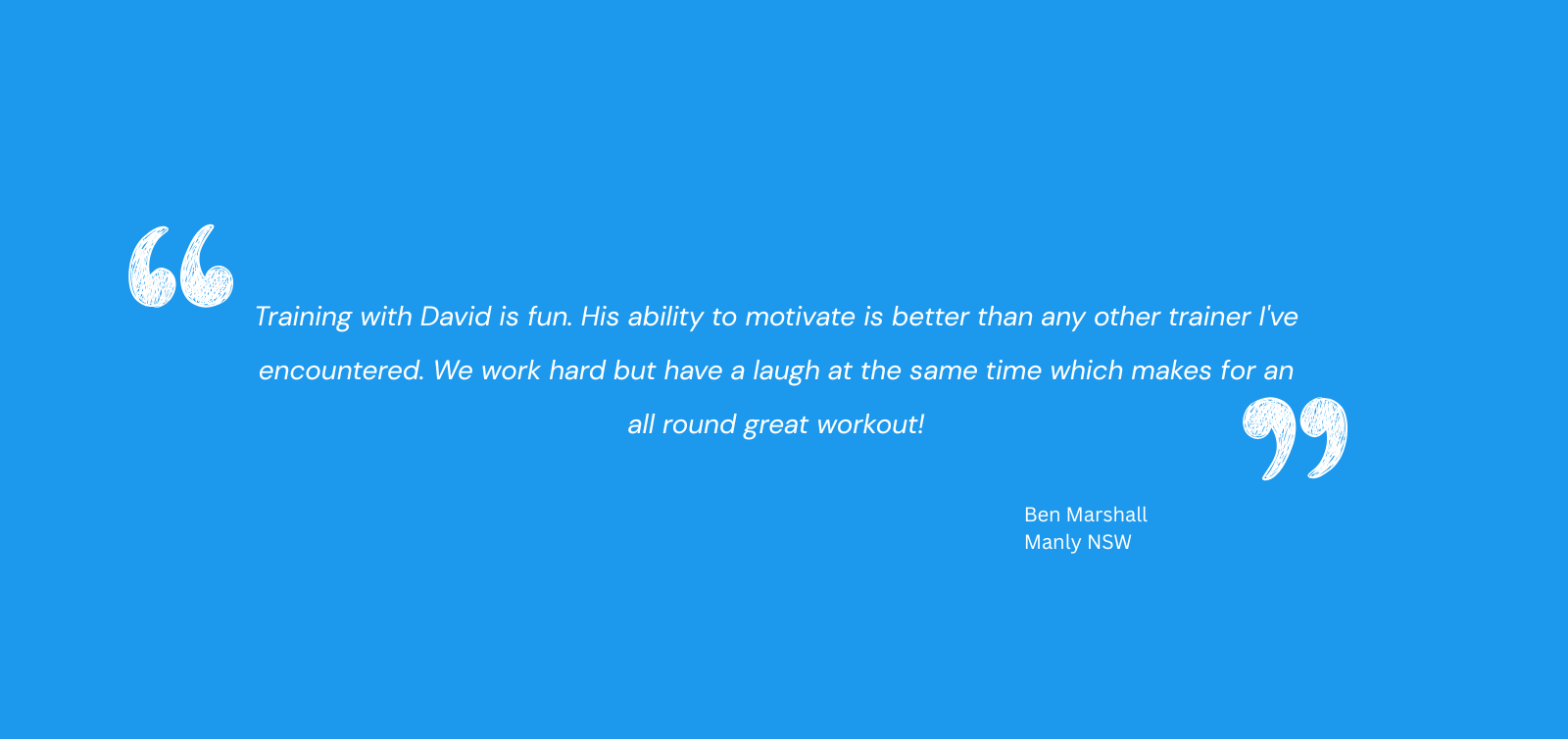
Slide title
Write your caption hereButton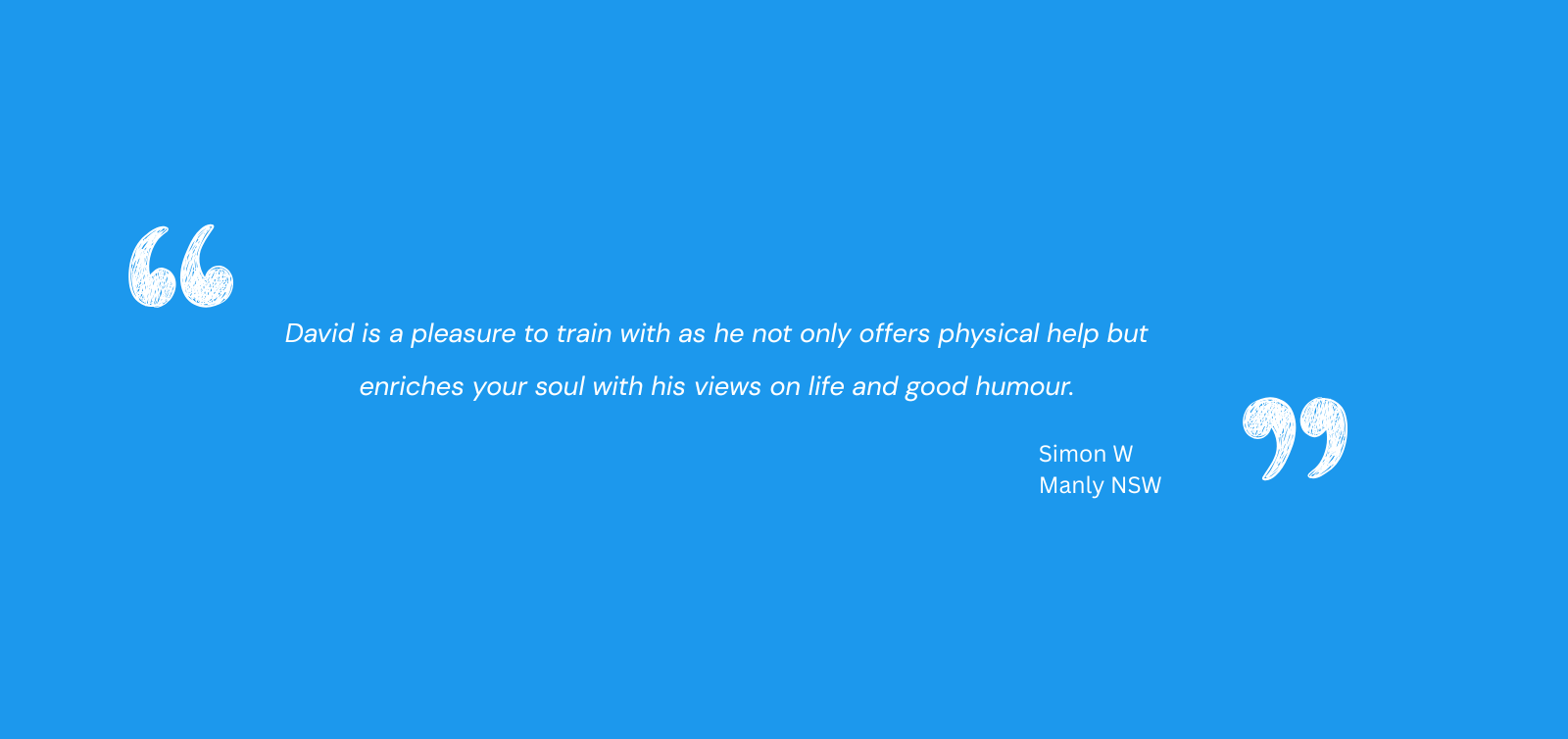
Slide title
Write your caption hereButton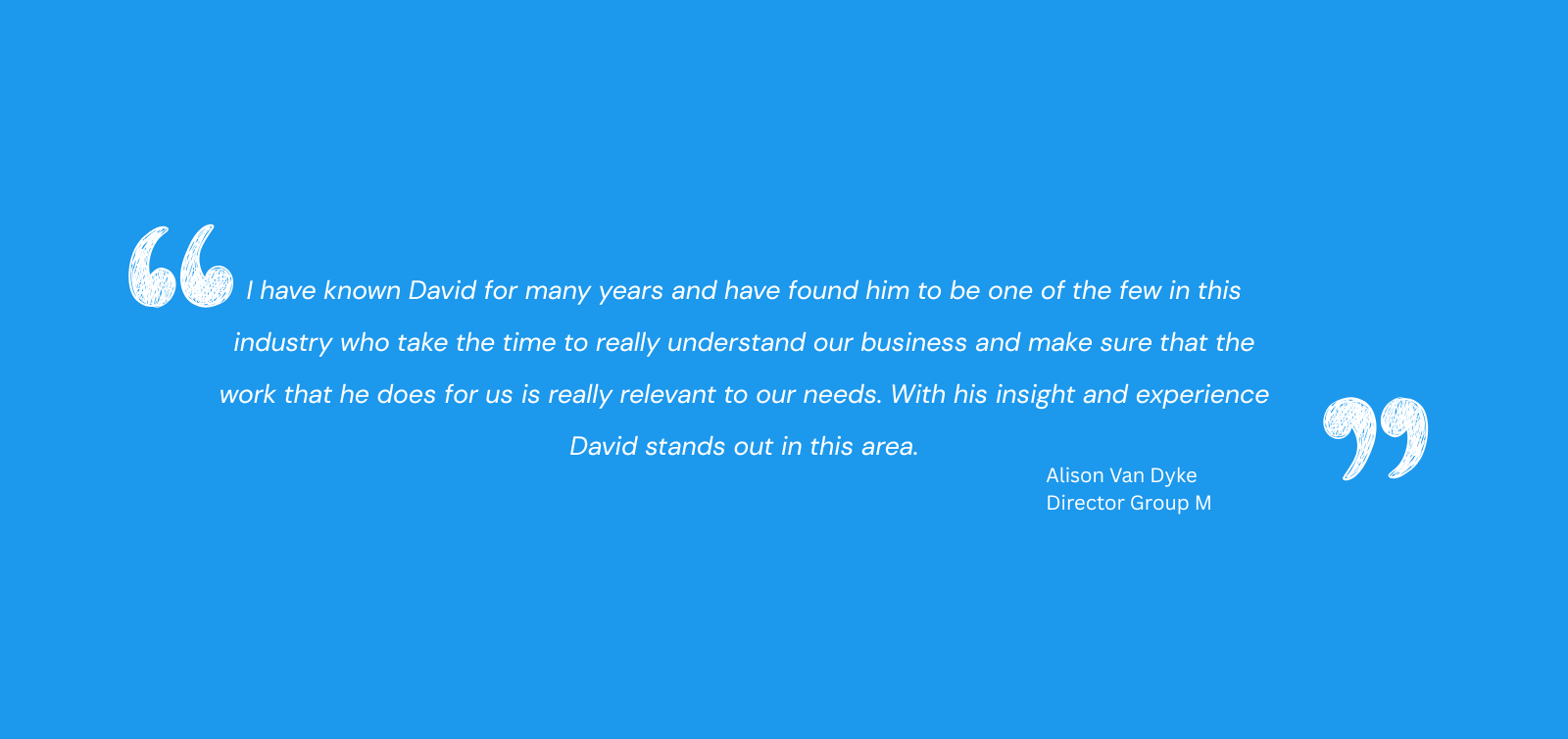
Slide title
Write your caption hereButton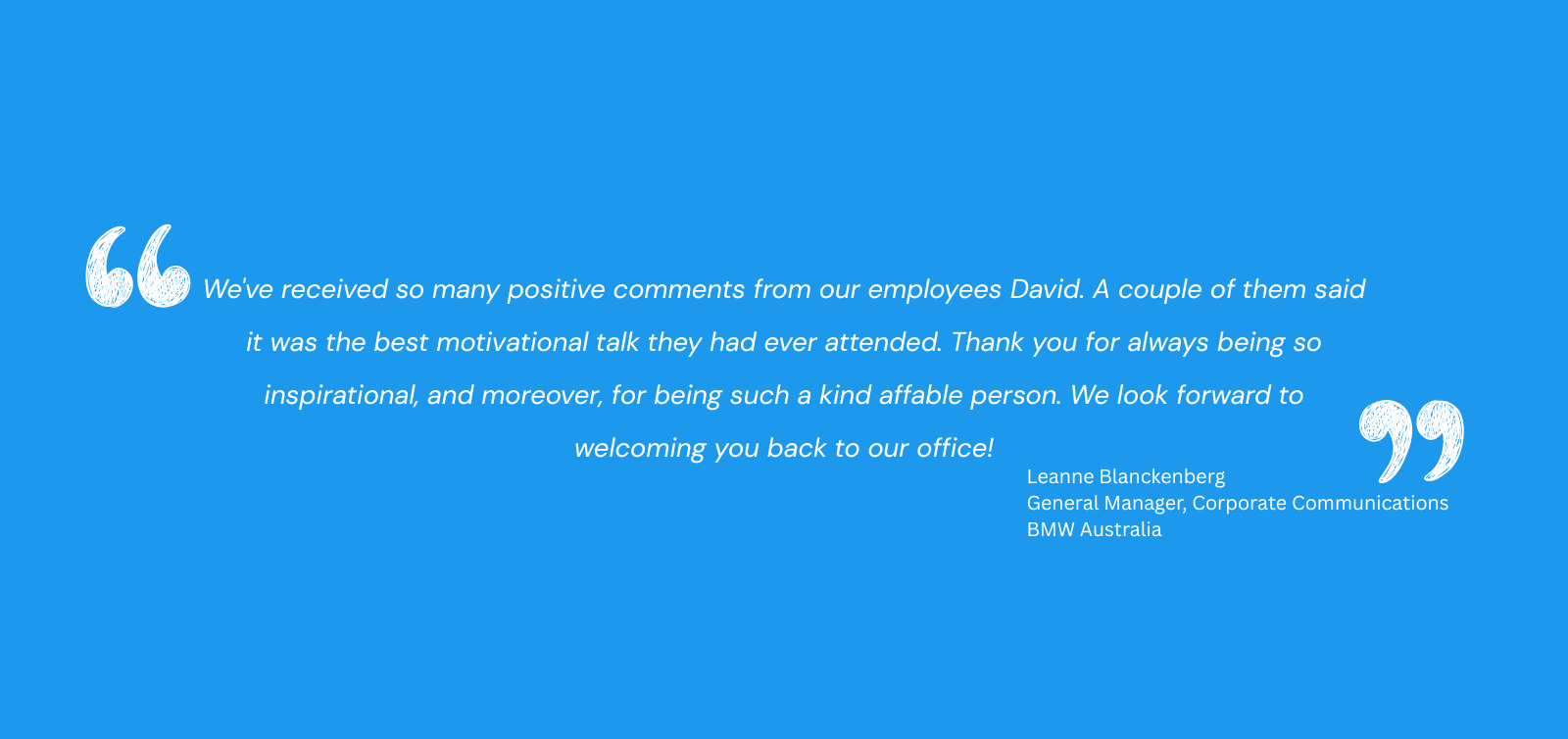
Slide title
Write your caption hereButton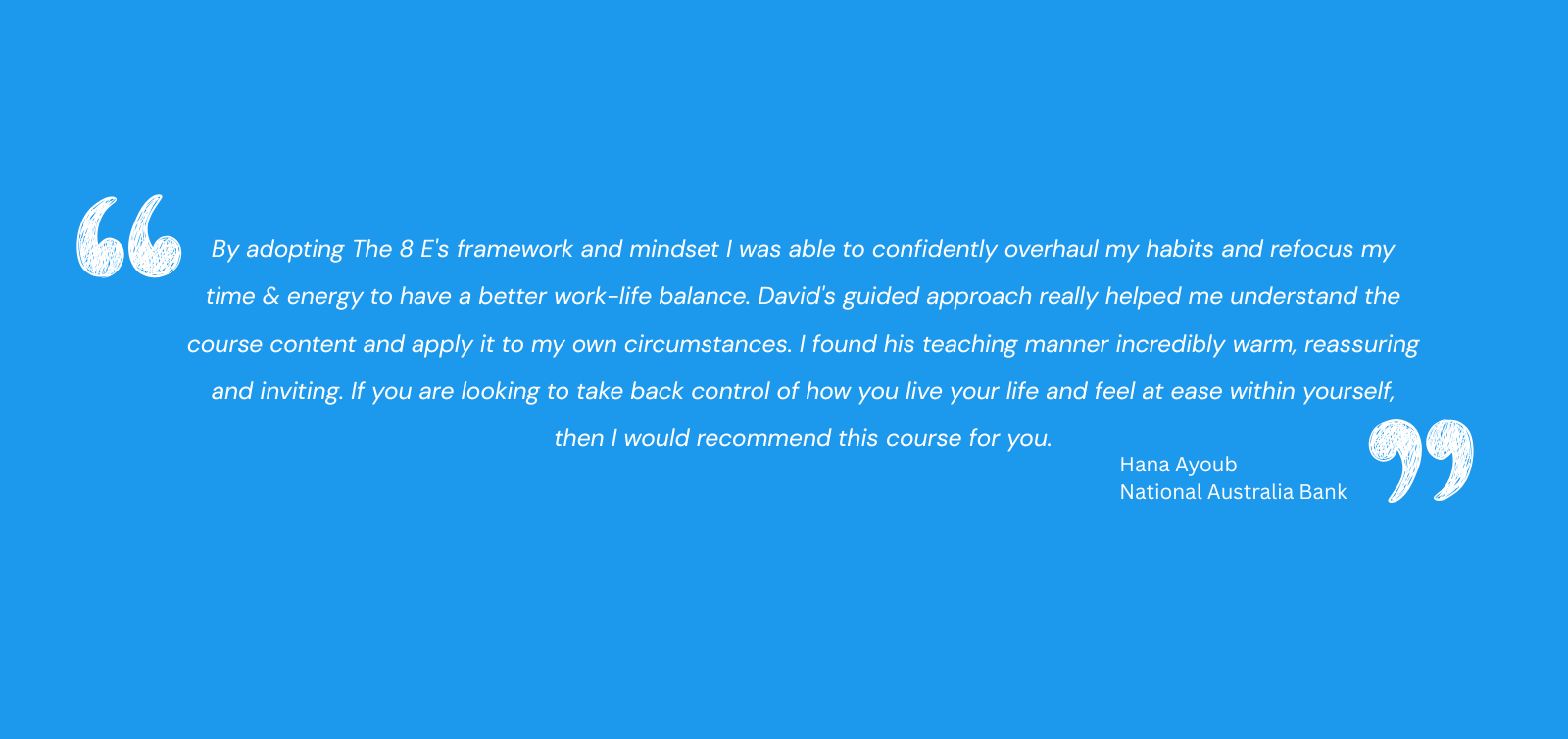
Slide title
Write your caption hereButton
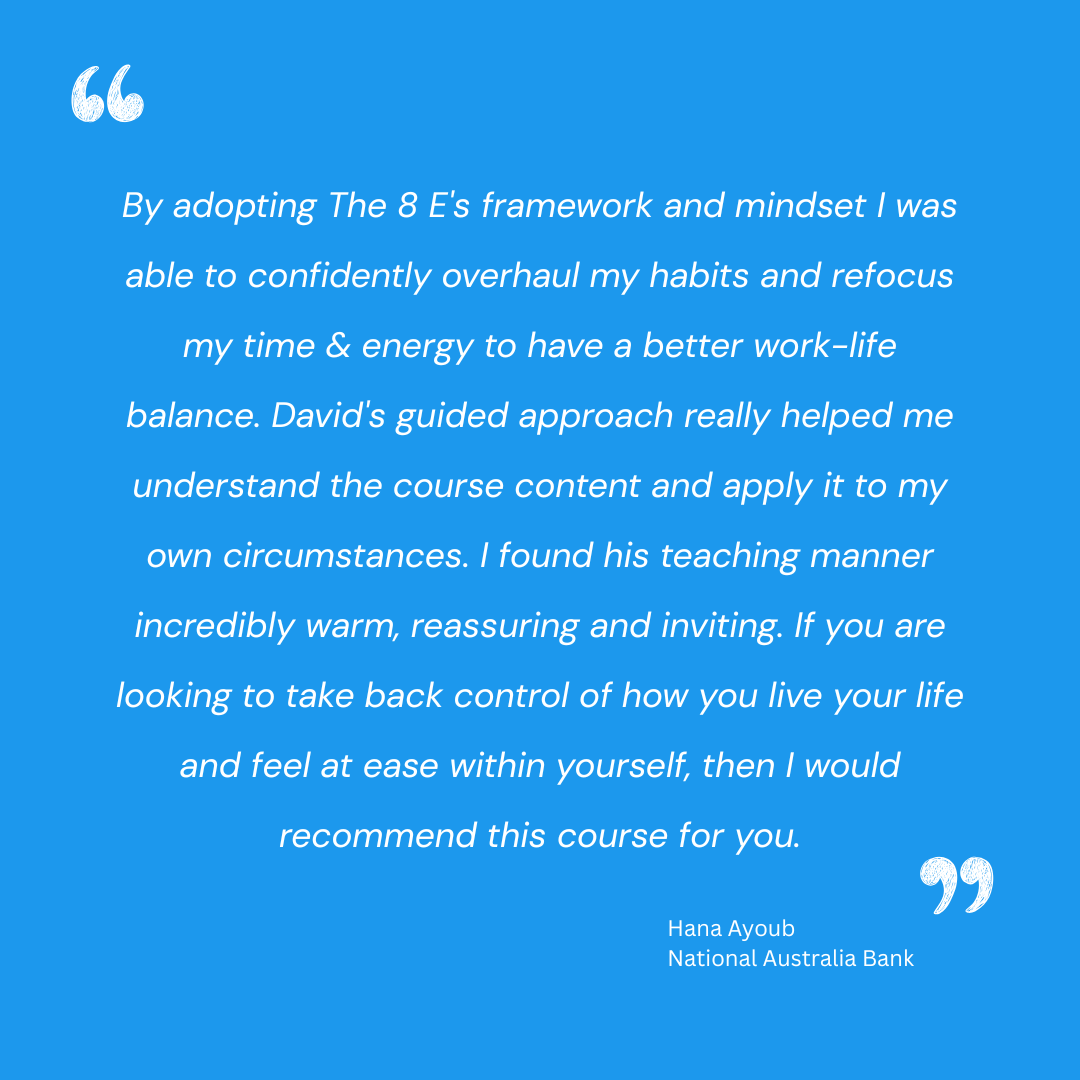
Slide title
Write your caption hereButton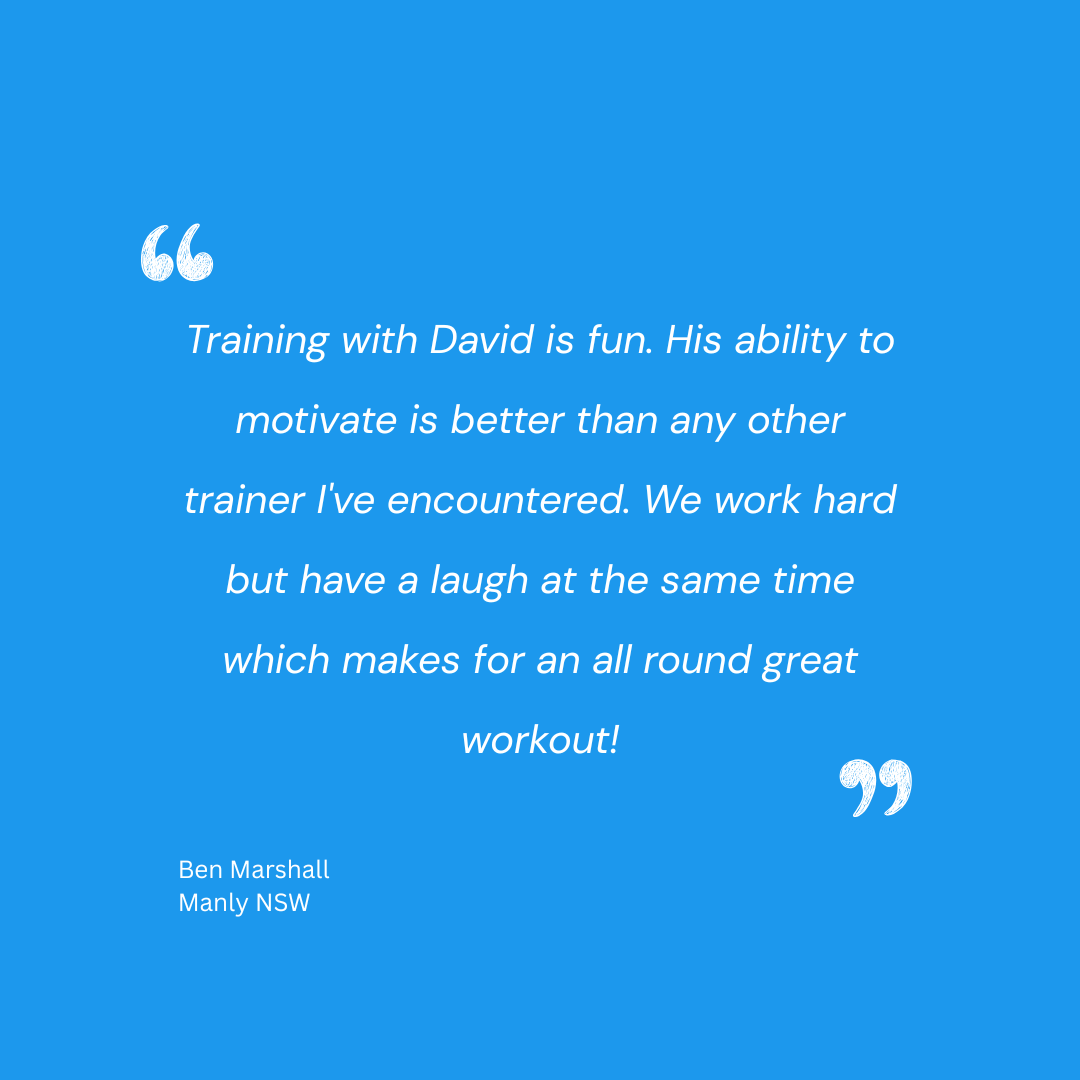
Slide title
Write your caption hereButton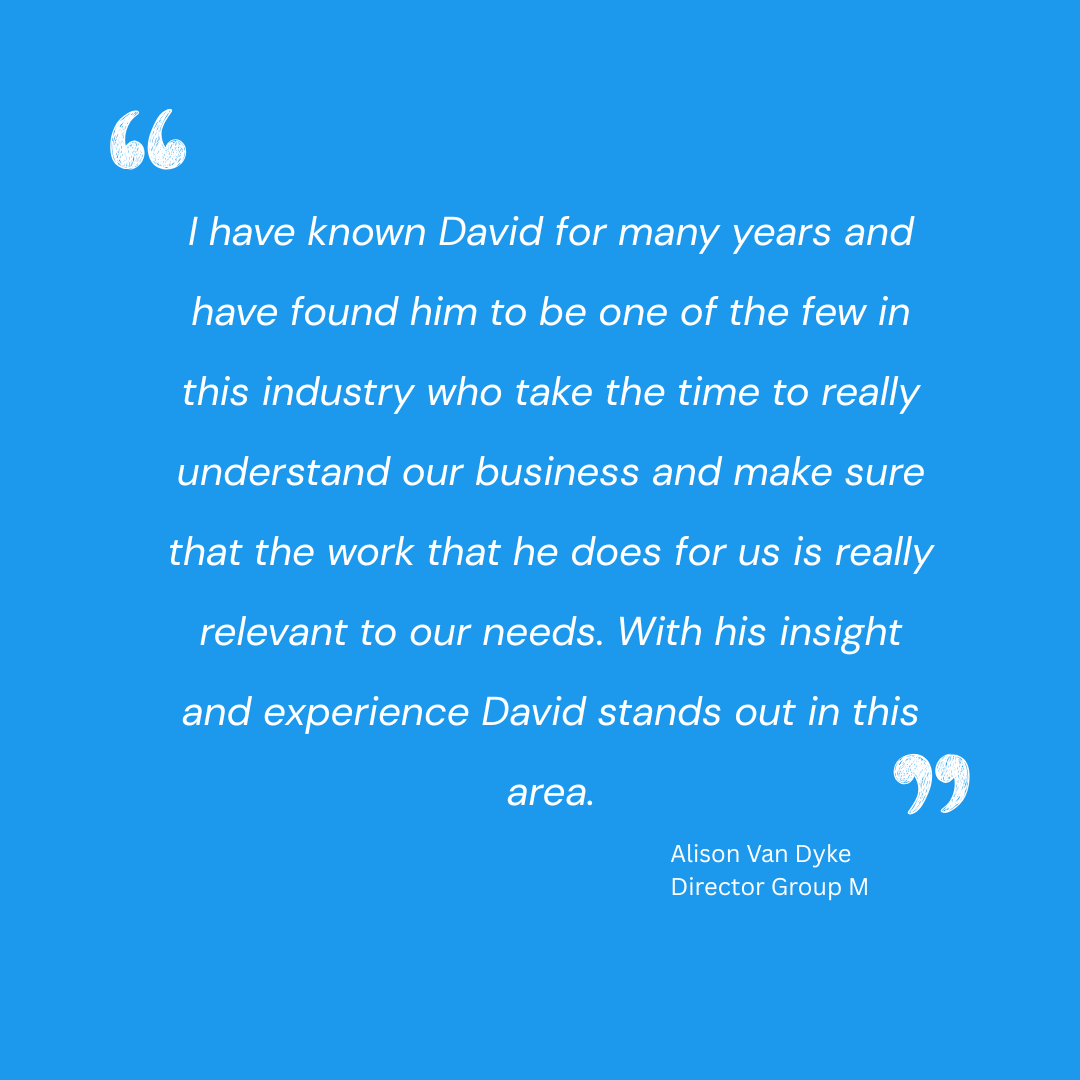
Slide title
Write your caption hereButton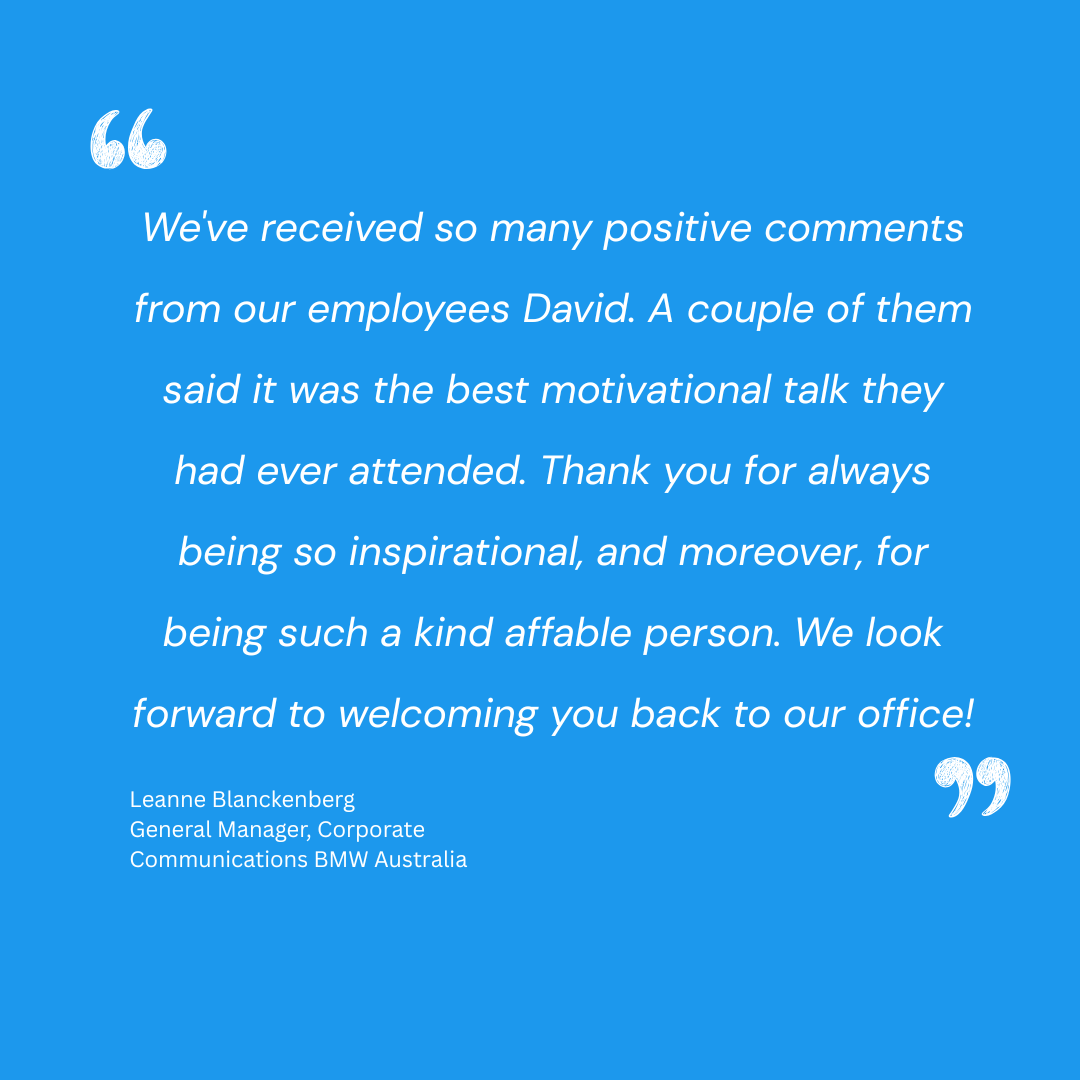
Slide title
Write your caption hereButton
Explore Services & Products
© 2025
All Rights Reserved | David Lee
